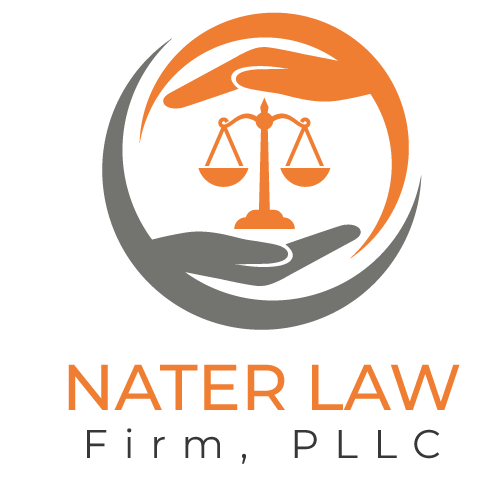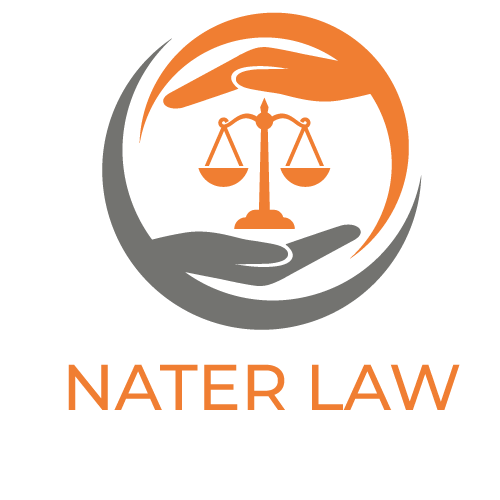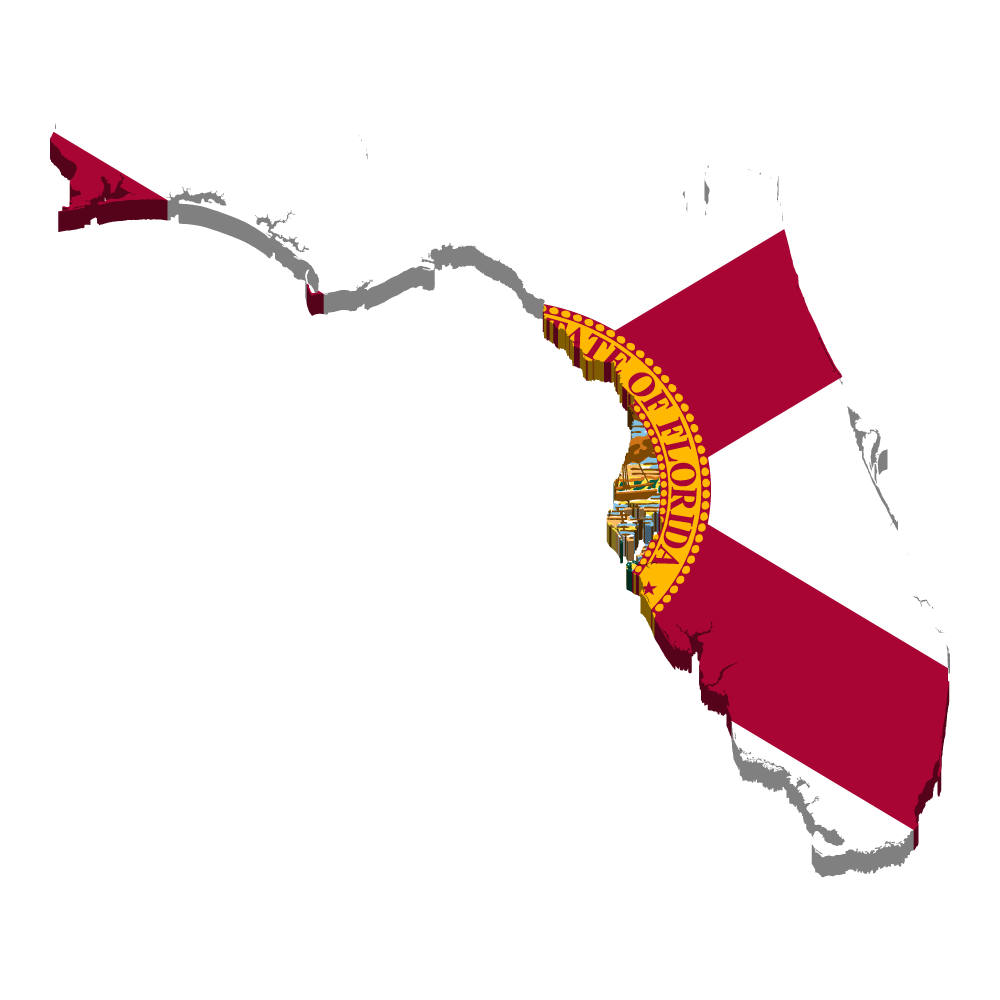Estate Planning
Estate planning does not begin and end with a Last Will and Testament. An attorney experienced in this field can also draft trusts. A well-crafted estate plan can provide protection for your family, distribute your assets in accordance with your wishes, and provide you with the peace of mind you need. In addition to helping your loved ones, estate planning will also protect you in the event you are injured or suffer an illness that prevents you from making your own decisions.
Florida estate planning is the creation of legal documents that dictate what happens to your family and property. Some documents will be effective during your lifetime, while others take effect after your death.

A comprehensive Estate plan includes important legal directives:
Evaluate your circumstances every three to five years or when a life-changing event occurs and call Nater Law to update your estate planning documents.
Estate Planning Checklist
At the Nater Law Firm, PLLC, attorney Fanny Nater will prepare a comprehensive estate planning packet that will ensure that your personal and financial needs are taken care of while you are alive and after your demise. Our packet includes a Last Will and Testament and/or a Trust (which one is best for you depends on your circumstances). Attorney Nater will sit with you and present both options to you and opine on what is most beneficial for you. Additionally, attorney Fanny Nater will prepare a Power of Attorney (durable, limited or guardianship POA(for a minor child or special needs family member)), a Living Will and a Health Care Surrogate designation.






